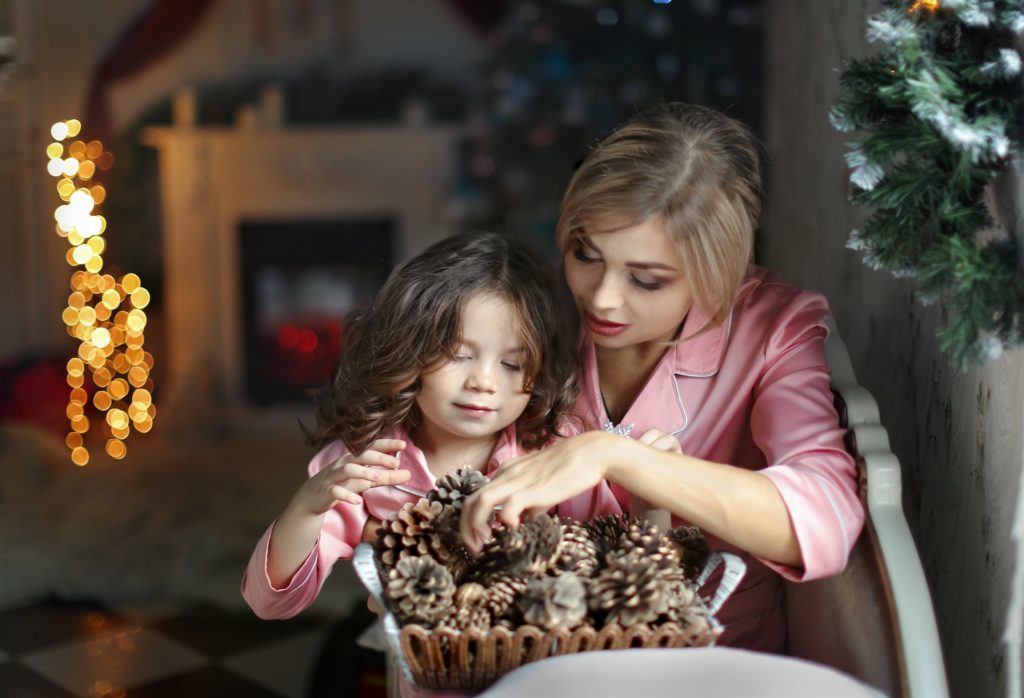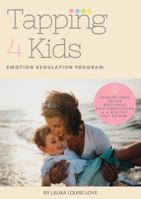I recently watched the movie Mean Girls again. It had been a few years since I last saw it as a young teenager and I was looking forward to a light and funny walk down tween memory lane. The music, story and characters were all as fabulous as I remember. However, watching the film as an adult made me see the content in a whole new light. As a psychologist who has worked with thousands of mums and girls across Australia, I began to notice similarities between the girls on the screen and the principles behind Queen Bee Syndrome that plagues relationships and friendships to this day. So here are the 7 signs you’re an adult Mean Girl and, more importantly, what you can do about it.

What is Queen Bee Syndrome?
Queen Bee Syndrome describes a woman who has personal and professional success but who refuses to share knowledge and tips with other women to help them achieve their own success. Studies by T.E Jayarante, C. Tavris and G.L. Staines in 1973 have shown that it is a trait found in many women in high-power corporate positions. This could be due to their internalised misogyny telling them that all women are competition. Another reason for Queen Bee Syndrome could be personal insecurities. One thing that is universally true though; if mean girls go unchecked they will turn into mean women.
Is The Adult Mean Girl Actually Mean?
“Mean girls love to be in control because they have a very thin skin,” says Jeanette Raymond, PhD, a licensed clinical psychologist and author of Now You Want Me, Now You Don’t. “In order to protect themselves from rejection and criticism, they take on the role of arbiter or leader of the social group they’re in, using their ‘goods’ – smarts, contacts, status, rank or material things – to make others feel small and at their mercy.”
So while mean girls/women may seem like they are confident, well-put-together individuals, it couldn’t be farther from the truth.
As a Psychologist, I know that from every point in our lifespan, meanness comes from a place of roaring pain. Why would a happy person want to see others fail? Mean girls and Queen Bees would have realised at an early age that masking their pain with fake confidence and meanness got them places. Rather than addressing the root of their issues.

7 Signs You’re An Adult Mean Girl
Is any of this resonating with you? Maybe you’re starting to notice patterns in your own behaviour which could signal you’re an adult mean girl. Or maybe it’s someone you know or work with. Here are the 7 signs to look out for in adult mean girls.
1. You Strive To Be Number One
Your cakes have to be the best cakes at the school bake sale. Your kid has to be the best player in the football team. The Christmas decorations on your house have to be the best in the street. It’s not just healthy competition but a burning ambition. And you don’t really mind who you step on to get to the top. There’s nothing wrong with healthy striving, but check in with yourself about what exactly is motivating your pursuit of perfection. Is it coming from a healthy space?
2. You Want Total Control
Whether it’s organising kids birthday parties, heading your local neighbourhood watch, volunteering at your kids’ school or organising office parties. It’s not good enough to be involved, you have to be the head organiser and what you say goes.
3. You’d Sacrifice Someone Else To Save Yourself
There is only one space left on the class trip, and you insist your kid deserves it over the others. You have the opportunity to have lunch with the boss you’re taking it, and making damn sure no one else gets the opportunity. You and your clique see yourself as ‘winners’ and you will do whatever it takes to win, even if that means those more deserving miss out.

4. You Don’t Value Loyalty
Loyalty just means holding on to dead weight! You like to make friends with those who can serve you, and don’t mind dropping them when they are no longer beneficial to you.
5. You Have A Clique And You’re Over 20
Cliques and friendship groups are different. Groups of friends are supportive, inclusive, respectful, lift each other up and respond well to the ebb and flow of life. Cliques, on the other hand, are more rigid. Cliques do little to promote a positive community amongst women. There is usually a leader and outsiders are not welcome, particularly if they don’t give a mean girl what she wants when she wants it. There is often a hierarchy and those at the top will make those at the bottom feel bad about themselves, through gossiping, demeaning remarks or more overt actions, like deliberately excluding them and can even escalate to direct threats. But that doesn’t bother you because you are often the instigator.
6. You Push Your Power In Subtle Ways
This could be by betraying trust and divulging sensitive information (“Did you know Martha is on antidepressants?”). The more you can control a situation the better even if it is by manipulation or exclusion, for example, you didn’t like something another mum posted on Facebook, so you ‘forget’ to invite her kid to your child’s birthday party.
7. You Don’t Feel Like An Adult Mean Girl
“You may be conscious of hurting others in a conceptual, intellectual manner,” says Raymond, “but mean girls don’t feel it in their gut, which is why they lack empathy.” You’re too busy protecting your status to register the effect you are having on those around you.
Ok So I’m An Adult Mean Girl, What Can I Do About It?
If any of this is ringing alarm bells in your ears, even small far away ones, then don’t panic. The first step in any form of growth is realisation and acceptance. Make mental notes of the last 5 interactions you had. Were they equal interactions? Did you gain something from them, and did you also give? Were you able to be flexible or did they frustrate you in some way? Becoming self-aware is a difficult but necessary skill to become the best version of yourself possible.
Try Tapping
Tapping is a brilliant way to help you work through difficult emotions. Setting boundaries with others, living our truth and being the best women we can often means that not everyone is going to like us. This does not make you a mean girl. It’s ok to move on from friendships and relationships which are not respectful, where we may have been elaborately conned or have been mistreated in a way that violates our core values. Tapping has been something that has helped me attract good people around me. That have my back, who I love, adore and want the best for, as well as create opportunities or experiences to grow and live with passion and purpose. For me, Tapping has been a game-changer to prioritise being kind to others and myself too. Follow along with this video:
While tapping, say
“What pain in me do I need to work on today to be the kind of woman I aspire to be? All women deserve an opportunity to grow and prosper. I can be kind to myself and others”.
Ask yourself, what are my intentions in a given situation – is it to lift others up or tear them down? Sometimes the kindest thing you can do for yourself and others is to move on from a dysfunctional relationship. We all have our own lessons to learn in our own time, after all. You cannot force someone to receive a message they are simply not ready to hear. Still, we should never underestimate the power of planting seeds of growth in all our interactions with others. Similarly, those in our circle should want us to grow and celebrate our success too.
Tapping helps to rewire your brain so past learnt behaviour is easier to change. Try Tapping once a day while you’re showering for a week and see if you start to notice a difference in your thought patterns.
Consider Therapy
Seek a good therapist who cares in a supportive way, but is not afraid to tell it like it is. They often have the skills to properly evaluate a situation (while being completely objective) before offering advice. Therapy is a fantastic way to find the root of any emotional or mental issues you may be having. Allowing you to live a happier, more fulfilling life.





Annette Weber
December 18, 2022 at 4:05 pmThanks, I just had a really bad encounter with my book club. This helped me frame it up. My withdraw is being characterized a getting hold of a too complex life; not as ‘ choosing to step away from the member who sandblasted my face for offering to go kayaking with her’.